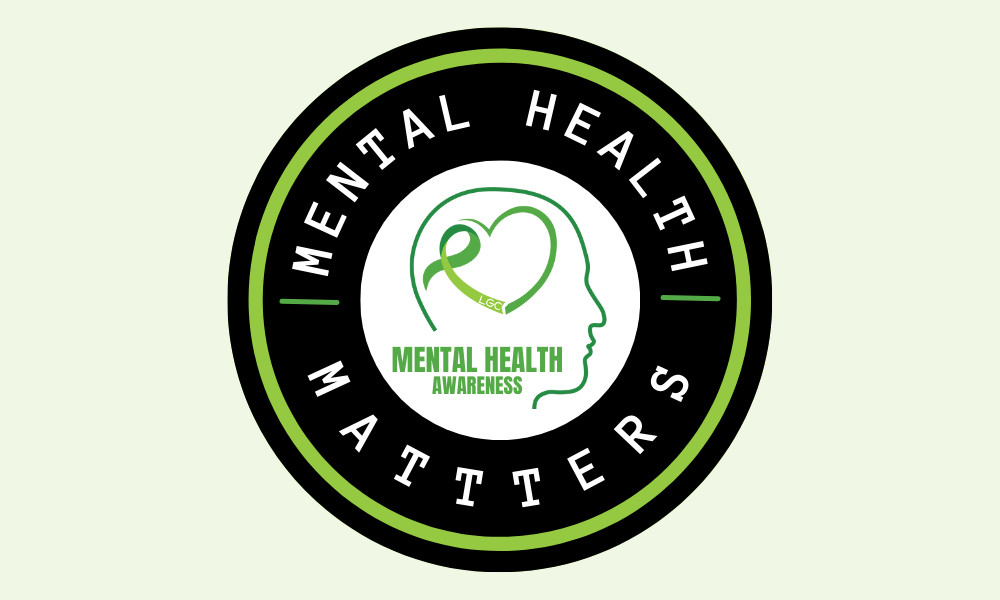May has been recognized as Mental Health Awareness Month in the US for over 70 years. 1 in 5 adults suffer from a mental illness. One of those people could be someone you work with, or it could be yourself. Not only that, but burnout can have an impact on mental health. Here’s how burnout affects mental health and some of the signs to look out for:
Here’s How Burnout Affects Mental Health
- Loss of interest in everyday activities
- Seeming more down or irritated
- Isolating oneself
- Substance abuse
- Excessive worrying
It is important to remember that signs can also look like:
- Overworking
- Excessive happiness
- They don’t have any “problems”
- Covering up with jokes
Every case is different, but it is important to know what to look out for. Suffering with mental health issues can be debilitating and interfere with daily life. In some cases, it is a chemical imbalance and medication is required. (Consult your doctor before going on medication.) Remember that you never know what people are going through day-to-day, so always be kind.
Stress at work can contribute to how burnout affects mental health. According to Zippia, research shows 77% of employees have experienced feelings of burnout at their current job and 40% will leave their job for that reason. Here are a few warning signs to look for before a burnout occurs:
- No energy, overall exhaustion
- Little to no interest in work
- Arriving late, turning in work late
- Professional efficacy reduced
It’s important to remember there is a difference between stress and burnout. Stress at work happens from time to time. Burnout is different level of fatigue – it can be crippling. That’s why it’s so important to understand how burnout affects mental health.
Of course, LGC and other companies never want their employees to get to the point of burnout. If you start to feel yourself getting to that point here are a few strategies:
- Sleep! A full night’s rest is so important. People want to push themselves and “grind”. While there is nothing wrong with hard work, not getting enough rest will come back to get you. Listen to your body and what it needs. Even if you need to step outside to your car and close your eyes for 10 minutes it can have a big impact.
- Treat yourself! Do something you enjoy and that makes you feel good. Whether that’s going to the gym, getting your nails done, going shopping, meeting for drinks with friends, or getting a massage. It’s important to separate yourself from your work and do something with no thinking or stress. Then you’ll come back to work refreshed.
- Set boundaries! It can be easy to want to help and take on many tasks. While that’s a great intention, it can be damaging mentally, physically, and emotionally. You want to set priorities in your work and personal life. Focusing on what needs the most attention and time. Try to set limits on how often you are looking at your email or work notifications. Just because someone sends you an email does not mean you need to answer right away. Setting boundaries can raise productivity and overall work performance. And don’t forget to take your personal days. You deserve it!
Now that you know how burnout affects mental health, you can work on identifying those feelings when they arise. While burnout and struggling with mental health can feel insurmountable, it does not have to define you. You can overcome. We know it’s a cliche saying, but never hesitate to talk to someone. People do care and want to help. LGC takes great pride in ensuring your needs are met and you feel happy and healthy at work. You are not alone! Keep going, you got this!

